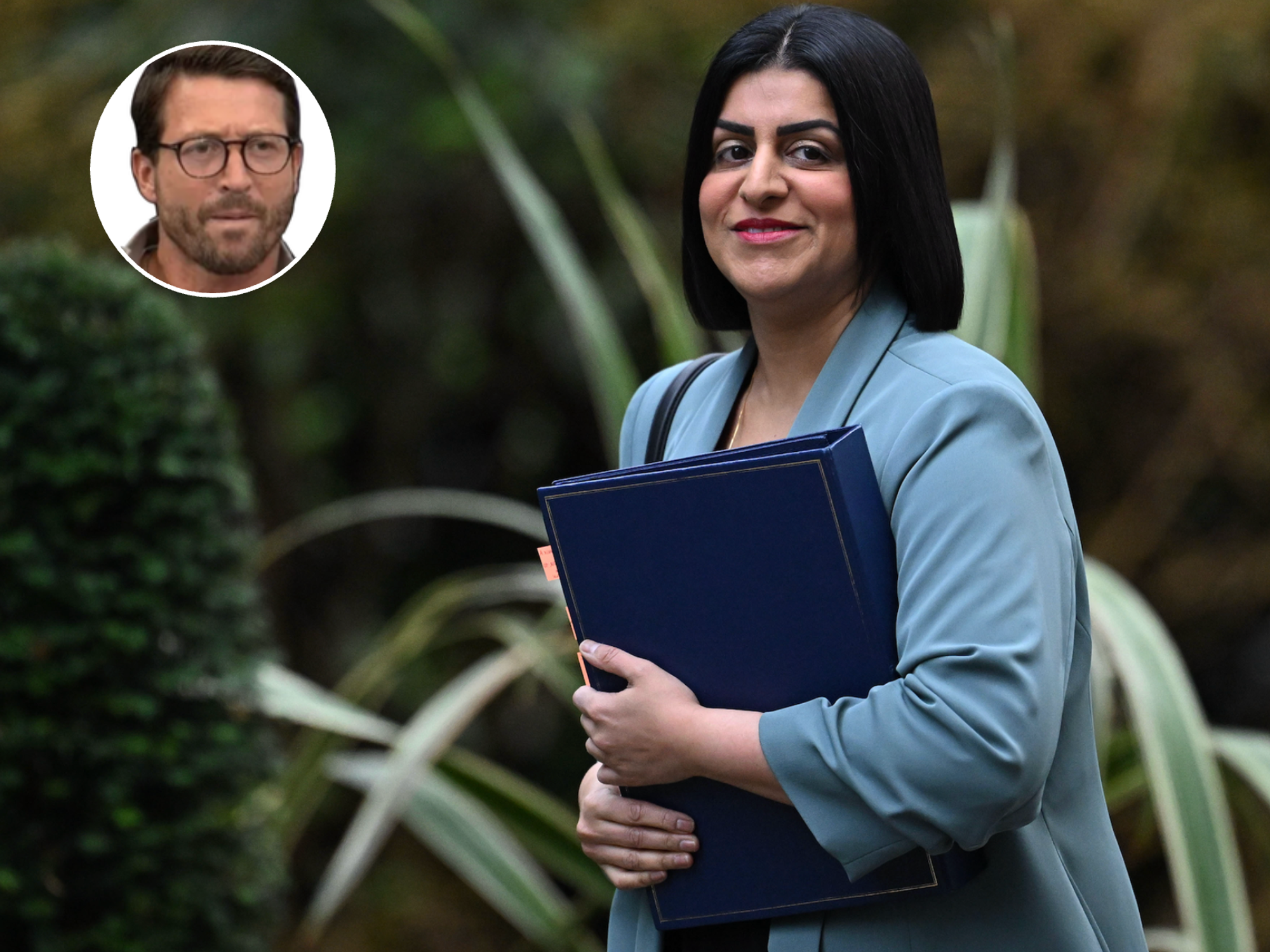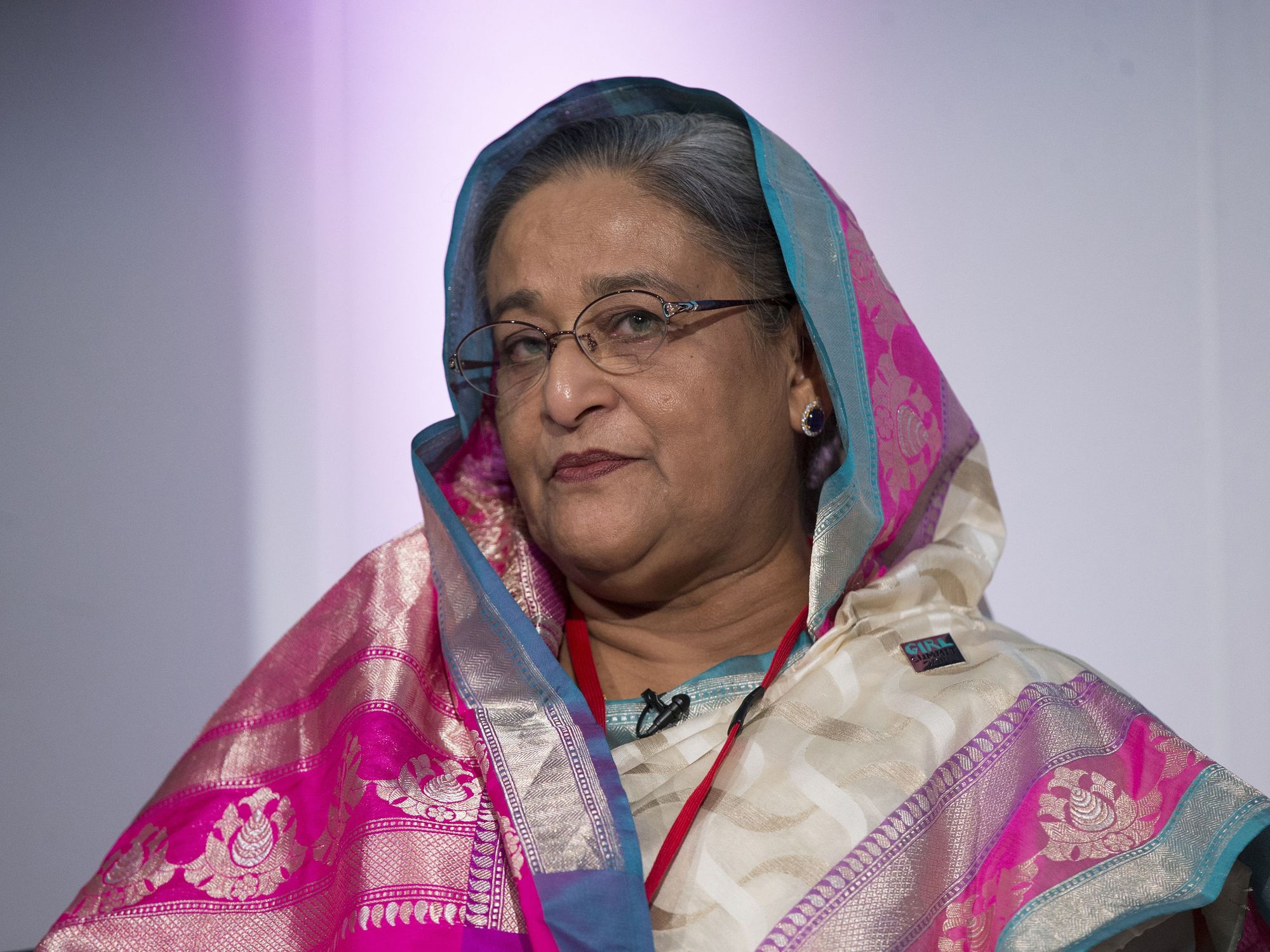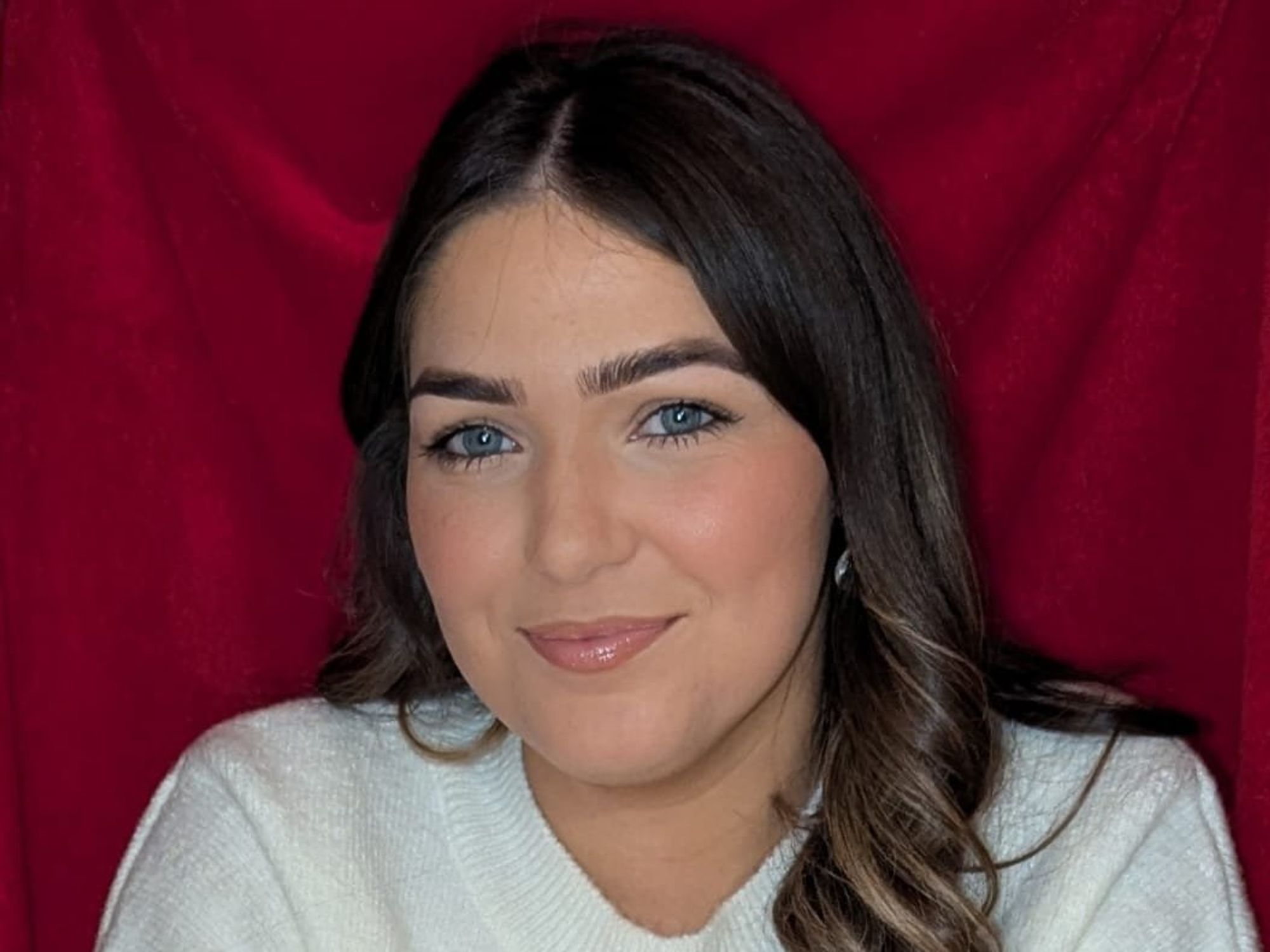NHS told to stop hiring foreign doctors and employ Britons instead in Chris Whitty review

Current figures show overseas-educated physicians make up one in four trainee doctors across the health service
Don't Miss
Most Read
Trending on GB News
The NHS must stop hiring foreign doctors and employ Britons instead, a comprehensive assessment by Chris Whitty has said.
The evaluation, overseen by England's Chief Medical Officer Prof Sir Chris Whitty alongside Prof Sir Stephen Powis, identified significant obstacles preventing UK-trained medical graduates from securing employment despite nationwide physician shortages.
The analysis revealed that thousands of British-educated junior medics cannot find positions within the health service due to structural constraints in the training system.
These difficulties have intensified as an increasing number of internationally qualified physicians enter the UK workforce, according to the findings.
TRENDING
Stories
Videos
Your Say
Current figures show overseas-educated physicians comprise one in four trainee doctors across the health service, with the proportion exceeding 50 per cent amongst those training for general practice roles.
The British Medical Association reports approximately 30,000 physicians competed for merely 10,000 available positions during the current year.
Dr Jack Fletcher, who chairs the BMA's resident doctors' committee, highlighted the paradox of "doctor unemployment while patients can't even see a GP".
The proportion of internationally educated physicians in training roles has increased from 18 per cent in 2019 to 27 per cent by 2023.

The NHS must stop hiring foreign doctors and employ Britons instead, a comprehensive assessment by Chris Whitty has said
| GETTYPsychiatry is experiencing the second-highest concentration at 39 per cent.
The employment challenges stem partly from immigration policy changes implemented in 2021, when authorities eliminated the resident labour market test that previously required NHS trusts to favour UK-educated candidates.
Health officials acknowledge these regulatory modifications have "exacerbated" the bottleneck situation, prompting consideration of potential reversals to restore preferential treatment for British-trained physicians or those with substantial NHS experience.
Health Secretary Wes Streeting has acknowledged the health service relies excessively on "pulling the immigration lever".
LATEST DEVELOPMENTS
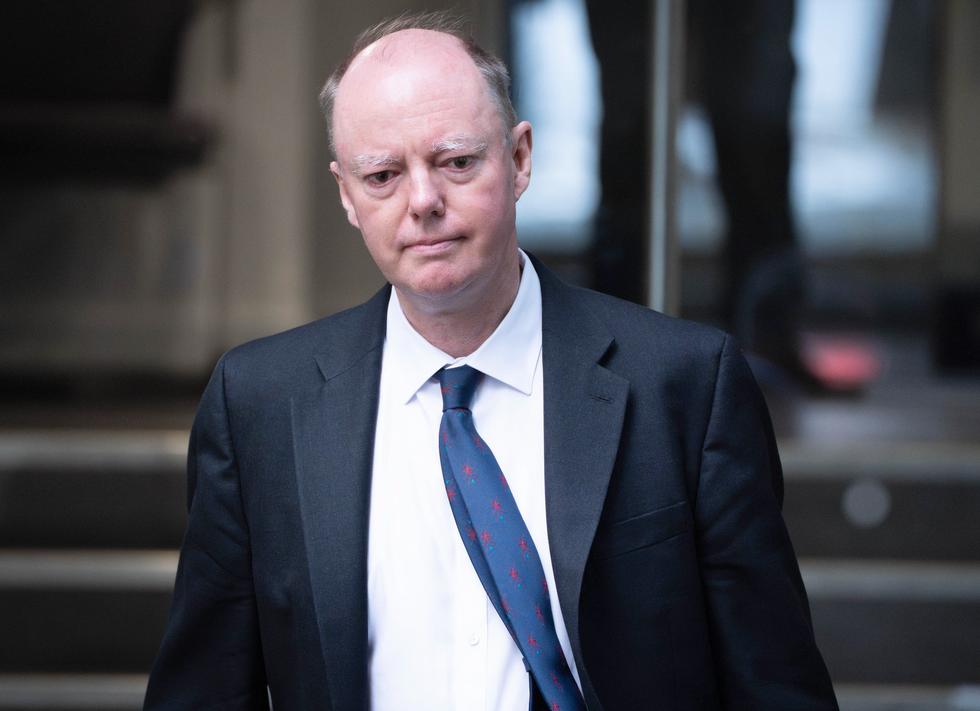
The evaluation was overseen by England's Chief Medical Officer Prof Sir Chris Whitty
| PAHe committed to developing "home-grown talent".
The Government plans to release an updated workforce strategy in the upcoming months, potentially reinstating requirements for trusts to prioritise domestically-educated medical professionals.
Financial considerations surrounding medical education have emerged as a central concern, with policy specialists questioning the economic logic of current recruitment practices.
Alex Baylis from the King's Fund told The Telegraph that the dependence on internationally trained physicians was "inappropriate", attributing the situation to "short-term thinking" and inadequate coordination between healthcare and immigration policies.
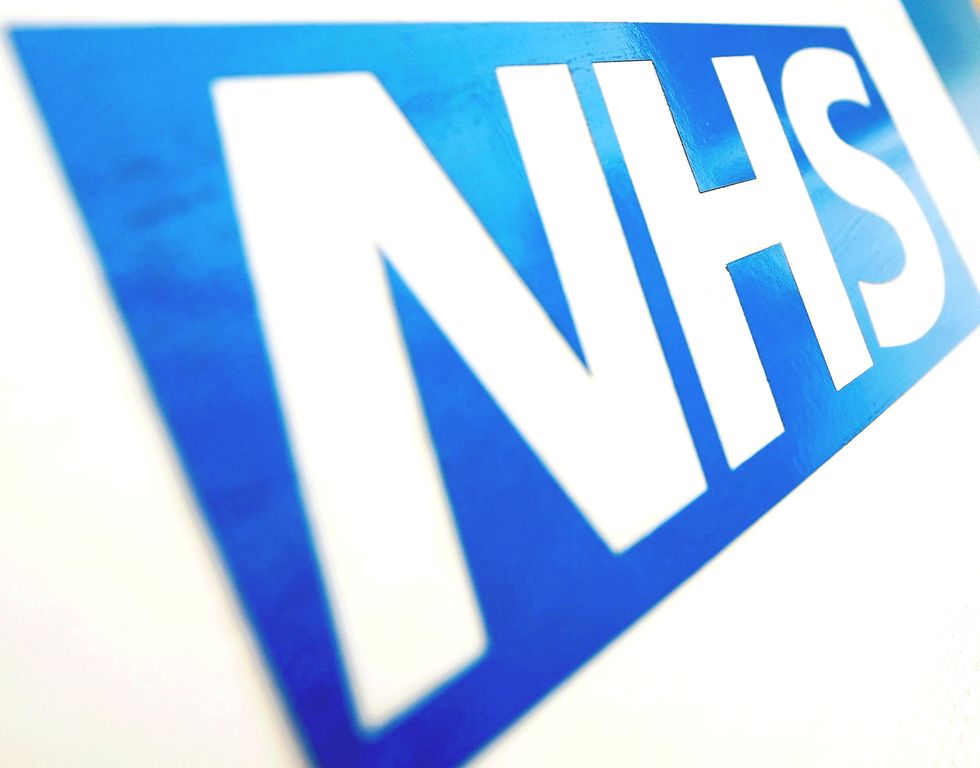
The evaluation identified significant obstacles preventing UK-trained medical graduates from securing employment despite nationwide physician shortages
| PADr Becks Fisher of the Nuffield Trust emphasised that educating a physician domestically requires approximately £244,700 in total investment, making it "sensible and cost-effective" to ensure these graduates secure specialist positions within the NHS.
Profs Whitty and Powis concluded: “Getting the right balance between domestically trained graduates, international graduates with experience in the UK and new international graduates is an important issue of policy, and the recent major changes to these ratios have contributed to some of the bottlenecks in training.
“We cannot shy away from addressing this issue, while supporting the excellent international graduates in the NHS providing patient care.”
Both experts stressed the importance of achieving adequate returns on public funding whilst avoiding hasty policy responses.
More From GB News






